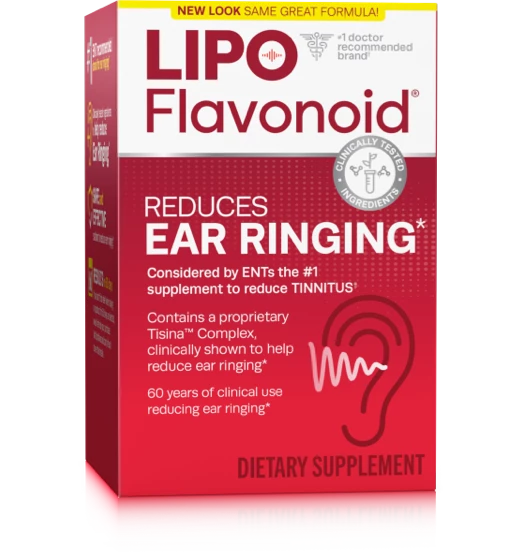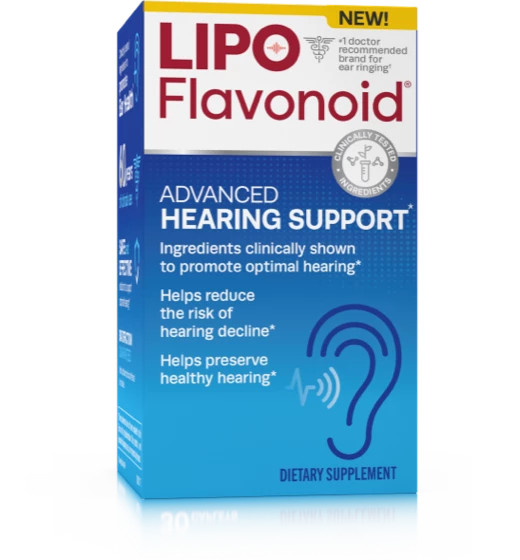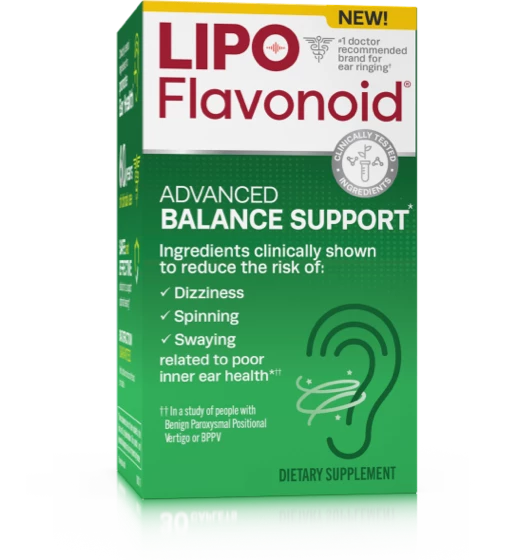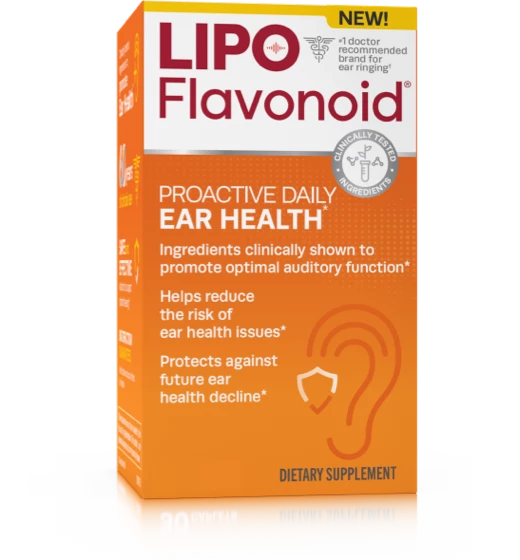- Products
- Science
-
Resources
- Tinnitus Resources
- What is tinnitus?
- Causes of tinnitus
- Tips for managing tinnitus
- Prepare for your doctor's visit
- PTSD and tinnitus
- Tinnitus FAQs
- Hearing Loss Resources
- What is hearing loss?
- Degrees of hearing Impairment
- Types of hearing loss
- Causes of hearing loss
- Treatment options for hearing loss
- Buy Now
- Coupons
- Test Your Hearing
- Test Your Hearing
- Healthcare Professionals
How Do You Pronounce Tinnitus?
Remember that song “Let’s Call the Whole Thing Off?” from the 1937 Fred Astaire and Ginger Rogers movie Shall We Dance?
You know… the one that plays on how accents and regional dialects can affect the pronunciations of words like “either,” “neither” and “tomato.” Still no idea? Check out the video below.
Funny thing, the pronunciation of “tinnitus” is just like that song. Depending upon where you’re from and even on your profession, you may say tinnitus differently than someone else. The British and healthcare professional pronunciation tends to sound like “TIN-ni-tus.” While the American and layperson pronunciation often sounds like “ti-night-tus” or “tin-NYE-tus.” Hear it below.
So which one is right?
Neither, either. Even the American Tinnitus Association (ATA) can’t decide. “Both pronunciations are correct,” they say. But, for the record, they use “ti-NIGHT-us.”
Whichever pronunciation sounds right to you, the ringing, buzzing, whistling, and whooshing in your ears probably doesn’t, and we want to help.
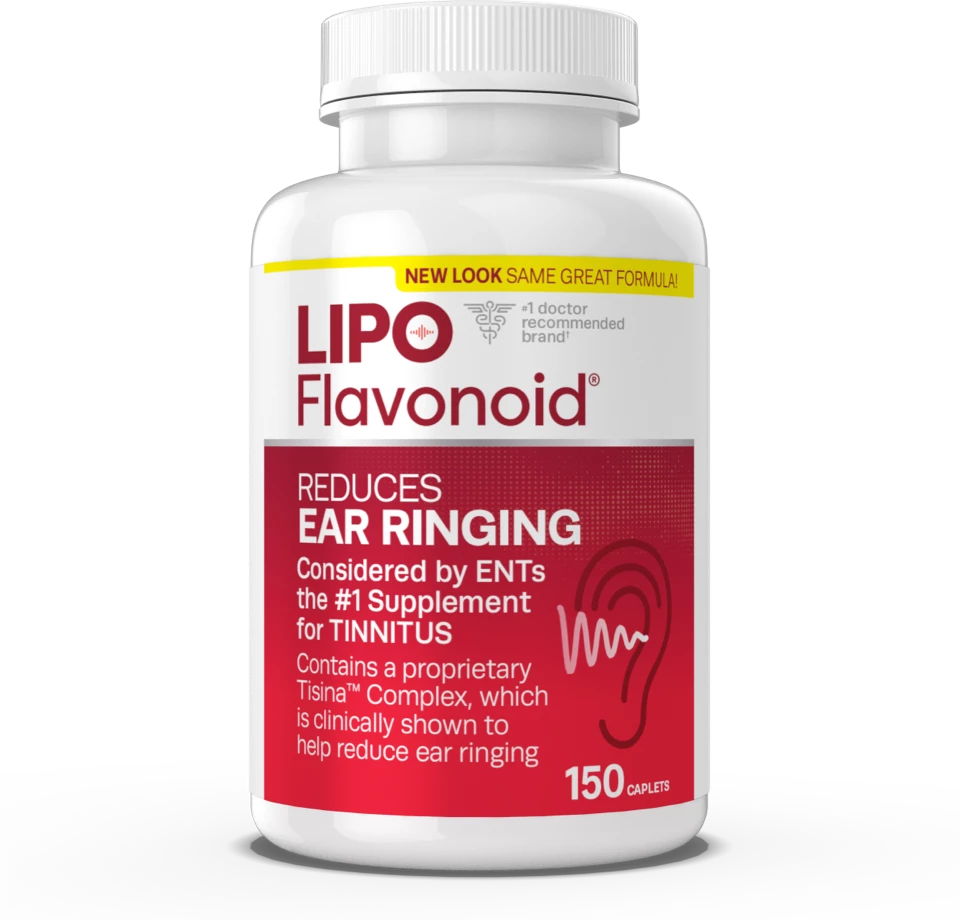
Lipo Flavonoid Ear Ringing Relief is the #1 doctor-recommened1 supplement for patients with ear ringing. And, with more than 60 years of clinical use, Lipo Flavonoid has demonstrated efficacy in treating ear ringing for the 50 million Americans affected by tinnitus.
That sounds good with any accent.
Learn more*These statements have not been evaluated by the Food and Drug Administration. These products are not intended to diagnose, treat, cure or prevent any disease.
*Survey data on file
REFERENCES:
- April 2018 Survey. Clarion Brands Inc. data on file.
- Williams H, Hedgecock L. Citrus Bioflavonoids, Ascorbic Acid and Other B-vitamins in the Treatment of certain types of neurosensory deafness a preliminary report. Staff meeting of the Mayo Clinic (1962).
- Tinnitus Overview. Mayo Clinic website http://www.mayoclinic.org/diseases-conditions/tinnitus/basics/definition/con-20021487. Accessed Sept. 7, 2016.
- Understanding the Facts. American Tinnitus Associations website https://www.ata.org/understanding-facts. Accessed Sept. 7, 2016.
- Slattery WH, Fayad JN. Medical treatment of Meniere's disease. Otolaryngologic Clinics of North America 1997; 30:1027-37.
- Kumar S, Pandey AK. Chemistry and Biological Activities of Flavonoids: An Overview. The Scientific World Journal. 2013;2013:162750. doi:10.1155/2013/162750.
- Fetterman BL, Saunders JE, Luxford WM. Prognosis and treatment of sudden sensorineural hearing loss. Am J Otol 1996; 17:529-36.
- Arenberg I, Bayer R. Therapeutic Options in Meniere’s Disease. Arch Otolaryngol 1977;103: 589-93.
- Shaia F, Sheehy J. Sudden sensori-neural hearing impairment: a report of 1,220 cases. Laryngoscope 1976; 86:389-98.
- Herschberg S. Meniere’s disease. J Am Osteopathic Association 1974; 73:540-6.
- Wolfson R. Treatment of Meniere’s disease. Modern Treatment (1969) 6,3, 553-567.
- Rubin W. Vestibular suppressant drugs. Arch Otolaryngol 1973; 97:135-8

